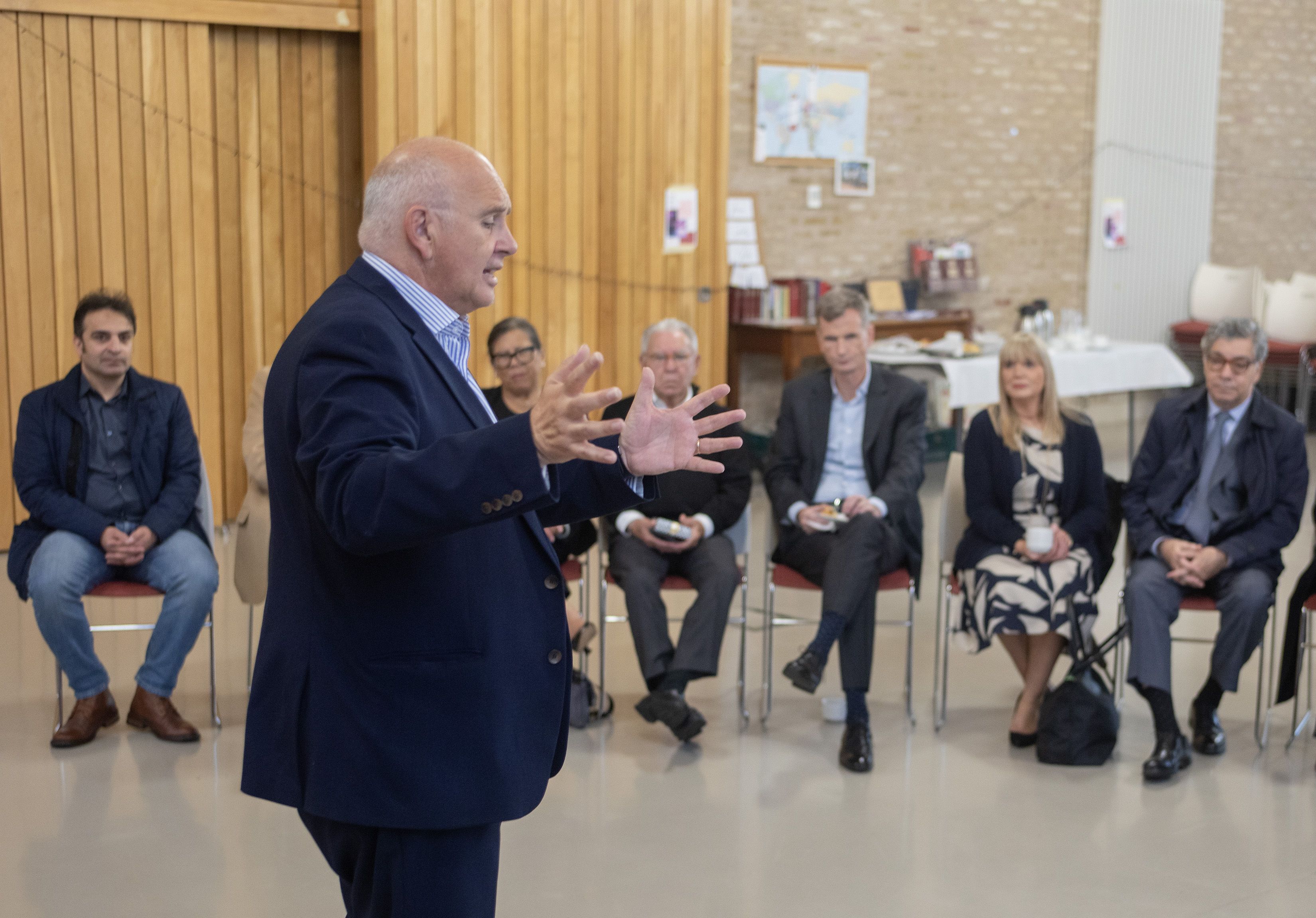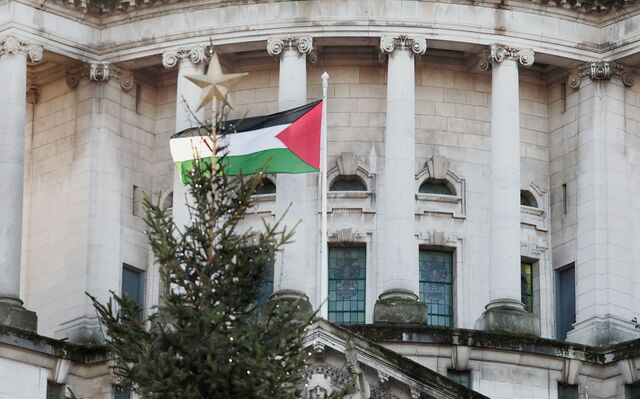Last week's Belfast International Homecoming — which welcomed friends of Belfast from five continents — and the impending visit by US Special Economic Envoy Joseph Kennedy III are further evidence of the global interest in the peace process.
The Homecoming was born out of the belief that the diaspora is Belfast’s super power.
It was founded on the realisation that emigration could be the nation's greatest opportunity. The old adage, of course is true: The Irish did build America. But equally, America built Ireland. And most certainly, America and Irish America helped build the peace process we enjoy today.
The positive interventions of Joseph Kennedy III, therefore, across a wide field of economic endeavour, is to be welcomed. He will receive the red carpet treatment when he returns on 24 October – not least because he will be accompanied by Tom DiNapoli, New York State Comptroller who championed the MacBride Principles on Fair Employment which effectively brought an end to discrimination on the shop floor here.
Comptroller DiNapoli trumped that achievement by following up with repeated investments in start-ups here from the pension fund of New York retirees.
It remains a truism, absurd though it might be, that while local civil servants have none of their pension funds invested in entrepreneurial busineses in Belfast, their counterparts in New York do.
Uniquely, Belfast has a diaspora in the US which is both Orange and Green. That should be, to use the economic jargon, a competitive advantage when seeking American investment.
We supplied the US with the Presbyterian emirgants of the late 1700s and early 1800s who brought with them the fire of freedom.
As Fergal Cochrane writes in his compelling new book ‘Belfast’: “By the end of the 1700s, more than 200,000 Presbyterians had departed for the New World from Ulster in search of better fortunes and many of them fought in the American War of Independence against the English crown.”
And, of course, the Catholic Irish of Ulster were among the millions fleeing the horrors of the Great Hunger in the mid-19th century. These Catholic emigrants would also fight for American freedom, almost from they first set foot in their new home. Indeed, the Irish Brigade volunteers were decimated in the early 1860s’ battles of the American Civil War.
Of course, that mixed heritage has been both our curse and our blessing. It has sown the seeds of division at home but of late it has also birthed a new determination to build bridges across old divides — witness the excellent cross-community work going on in both St Comgall's in West Belfast and Skainos in East Belfast.
Nowhere is that spirit of collaboration more evident than in Belfast's annual summer TradFest which uniquely unites the fife and the flute the bodhrán and the Lambeg.
If Belfast can grasp the spirit of TradFest, presenting a united front to potential investors, then there really is no stopping our economic resurgence. The work has begun, let it scale new heights with the upcoming economic mission of Joseph Kennedy III.







